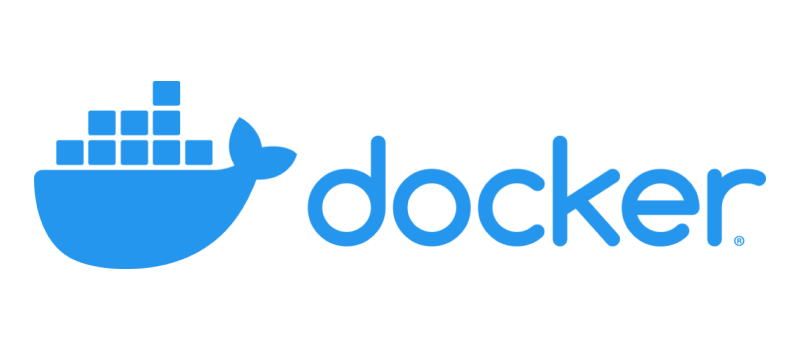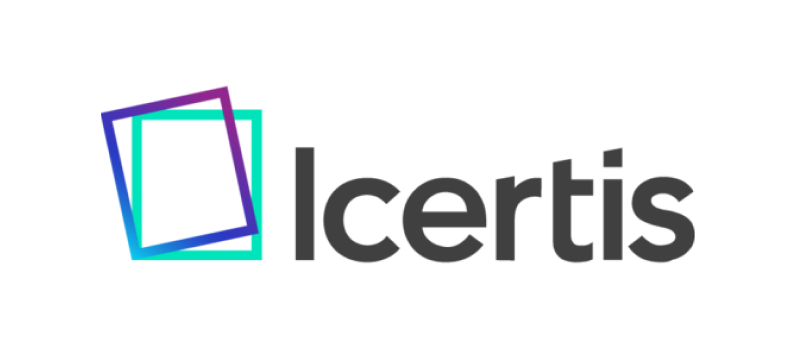Make the Most of Your Tender Opportunity
You’ve worked hard for your equity and finally have the opportunity to turn it into cash.
Whether you’re gathering information before making a decision to participate, or you’ve gone through the tender and want to know what’s next, we’ve curated resources for you to learn more about tenders, understand how they can impact your finances, and discover tools like a tax calculator and complimentary connectivity to a financial advisor, who can help answer your most important questions about your financial future.
Selling Shares in a Tender Offer
Company-sponsored tender offers are a great benefit, but without the right information, you may not be able to take full advantage. Learn more about selling shares in a tender offer here.

Things to Do:
Understand Offer Structure
Identify the key dates, price and how the tender offer works
Verify Eligibility
Confirm you can participate and how many shares you can sell
Review Documents
Read all legal and financial materials during the 20-day window

Things to Plan:
Evaluate Personal Needs
Decide if selling aligns with your financial goals and risk profile
Plan for Taxes
Understand potential tax outcomes and build your strategy
Plan for Your Future
Decide how to invest proceeds and prepare for your next opportunity

Learn More about Company-Led Tender Offers
Taxes: What’s Left after Selling
Understanding how your equity is taxed—whether it’s ISOs, NSOs, RSUs, or common stock—is key to making smart decisions during a tender offer. And it’s not just about what you’ll owe from selling shares—there may be broader tax considerations that affect your full financial picture. If it feels overwhelming, you’re not alone. NPM offers tools and trusted partners to help you get clarity on your equity and beyond, so you can plan with confidence.
Understanding Tax When Selling Private Stock & Options
Calculate Taxes That May Apply to You
If participating in a tender you can calculate your estimated tax liability based on your specific holdings within different scenarios and get clarity on state and federal taxes that may apply to you.
Making the Most of Your Assets
You’re here because you care about building lasting financial security for yourself and your family—and that’s a powerful first step. Investing is a key part of reaching that goal, and with the right guidance, you can do it thoughtfully and confidently.
Trusted by Hundreds of Sellers
Still Have Questions? We’ve Got Answers.
What is a private company tender offer?
01A private company tender offer is a formal process where the company, an existing investor, or an outside investor offers to purchase shares from current shareholders at a set price during a defined time window (at least 20 business days). It provides an opportunity for shareholders to sell shares and access liquidity before an IPO or acquisition.
How does the tender offer process work?
02The typical process includes:
- Announcement – Eligible participants will receive a notification with details of the offer such as buyer, price, and timing.
- Offering Live – 20 business day window where eligible participants can elect which holdings they want to sell.
- Expiration – The deadline for eligible participants to submit their election to sell shares.
- Settlement – Proceeds are distributed, final transaction statements are provided to participants and company ownership records are formally updated.
What are the tax implications of participating?
03Taxes depend on the type of equity, cost basis, and holding period. Proceeds can be taxed as ordinary income or capital gains. Founders may qualify for tax benefits like Qualified Small Business Stock (QSBS). Employees often face higher ordinary income taxes if exercising options and selling in the same transaction. NPM can connect you with a fiduciary financial advisor to provide individualized tax guidance.
Who can participate in a tender offer?
04Participation may include shareholders of the company such as employees, former employees, founders, or investors. The company will specify eligibility criteria in the tender offer documents.
How should employees decide whether to participate?
05The decision to sell is a personal one and completely up to the individual. You may sell some, all, or none of your eligible shares. Employees may choose to participate to diversify their holdings, fund major life goals, or lock in gains. The decision could balance personal financial needs with the potential for future company growth.
Why is a financial advisor important in a tender offer?
06An advisor can help evaluate the offer, project after-tax proceeds, compare the benefits of selling now versus holding, and plan how to allocate the proceeds effectively. An advisor may help with future tenders or other liquidity events, such as an IPO in the event the company moves ahead with such a transaction.













